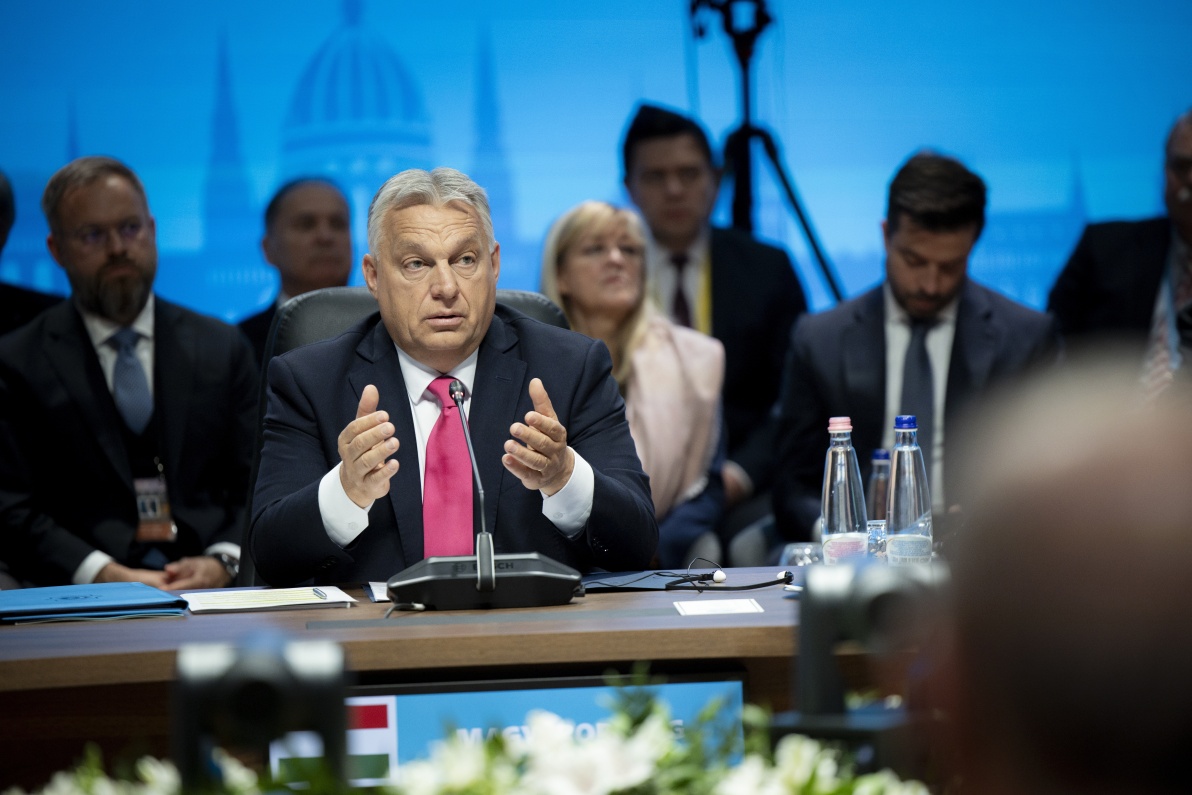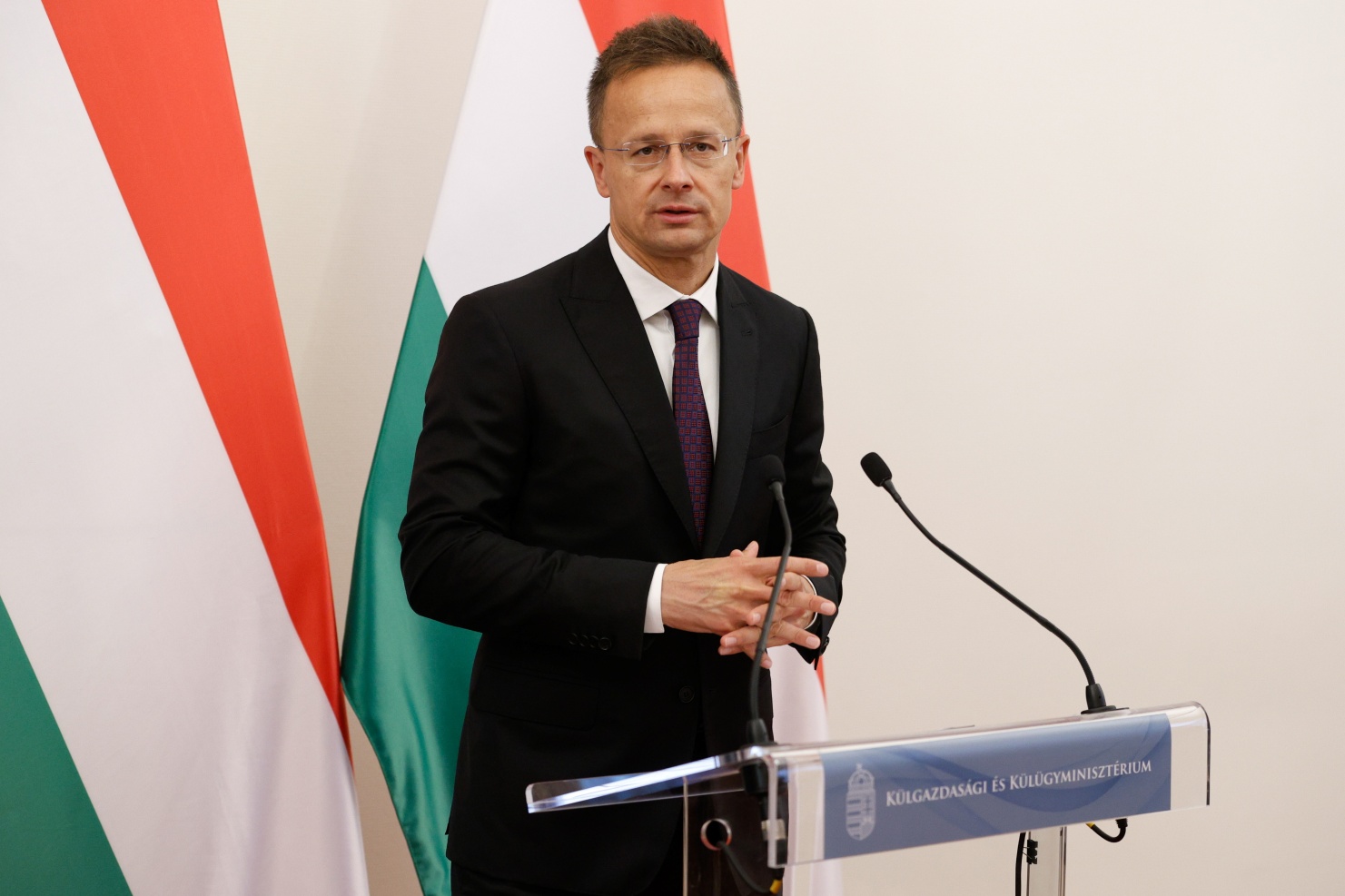
In light of the Iranian-Israeli conflict, Prime Minister Viktor Orbán urged the EU to suspend its plan to eliminate Russian energy. Continue reading

Foreign Affairs and Trade Minister Péter Szijjártó criticized the Ursula von der Leyen–Zelenskyy energy proposal at the EU Energy Council in Luxembourg, warning that cutting access to cheap gas and oil would disproportionately harm Central European countries like Hungary, Magyar Nemzet reported.
In a live broadcast, the Foreign Minister emphasized that the Von der Leyen-Zelenskyy plan, which aims to radically transform Brussels’s energy policy, is on the council’s agenda.
The proposal aims to make it impossible for European countries to purchase cheap natural gas and crude oil, thereby placing a heavy additional burden on the Hungarian population,”
he stated.
Péter Szijjártó warned that Hungarian people and families would have to pay twice, three, or even four times their current utility bills. According to the Minister, Brussels is fully committed to implementing the plan.
He added that a significant number of Member States also support cutting off cheap energy sources, which he believes would hit Central Europe and Hungary particularly hard. According to Szijjártó, the meeting was marked by a “seriously demagogic debate,” during which it became clear that “not only the European Commission but also several Member States view the issue of energy supply as a political issue.” In contrast, the Hungarian Government believes that energy supply is not a political issue but a physical reality.
Geography matters. Unfortunately, not everyone here understands this,”
he emphasized.
In his opinion, Western European coastal countries and landlocked Central or Eastern European nations face very different energy supply challenges, and “these countries will therefore be affected in completely different ways by regulations such as those proposed by Von der Leyen and Zelenskyy,” he said.
The Minister pointed out that the European Commission now wants to put forward proposals that would fundamentally reshape EU energy policy at a time when tensions are growing on the world market. The Israeli-Iranian conflict that has erupted in the Middle East has already triggered sharp price increases, and as the situation remains extremely uncertain, it is not possible to make responsible decisions that would further increase instability, FM Szijjártó believes.
The Minister said that the Hungarian Government had therefore asked the European Commission not to draft legislation on phasing out Russian energy sources. In addition, Hungary, together with Slovakia, vetoed a Council resolution that would have called on the Commission to take steps in June to implement the Von der Leyen-Zelenskyy plan.
The joint veto by Hungary and Slovakia is a clear signal: we cannot allow Hungary to be exposed to serious energy supply risks,”
he said, adding that the Brussels leadership is nevertheless rushing to prepare the legislation.
Via Magyar Nemzet; Featured photo: MTI/Kocsis Zoltán